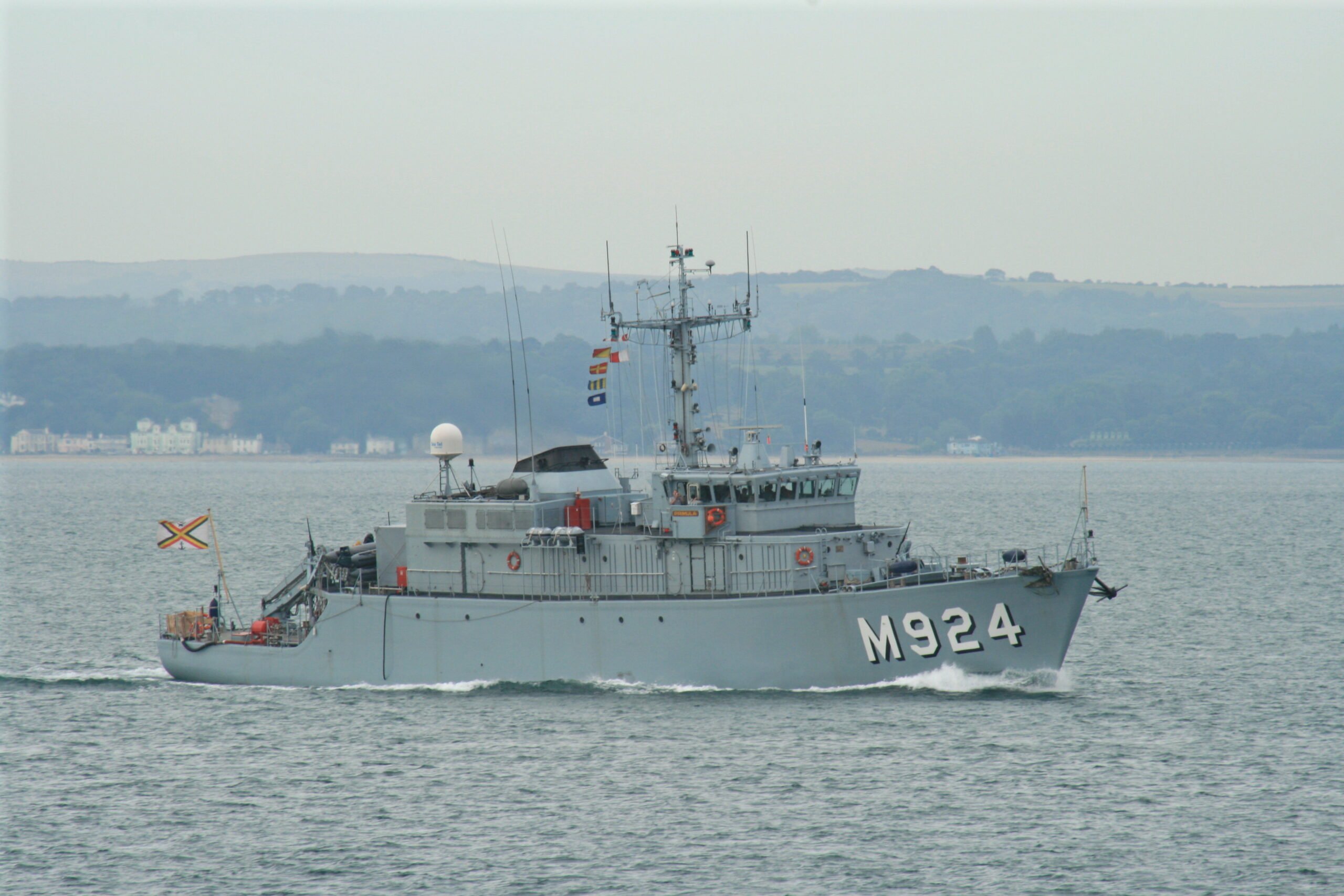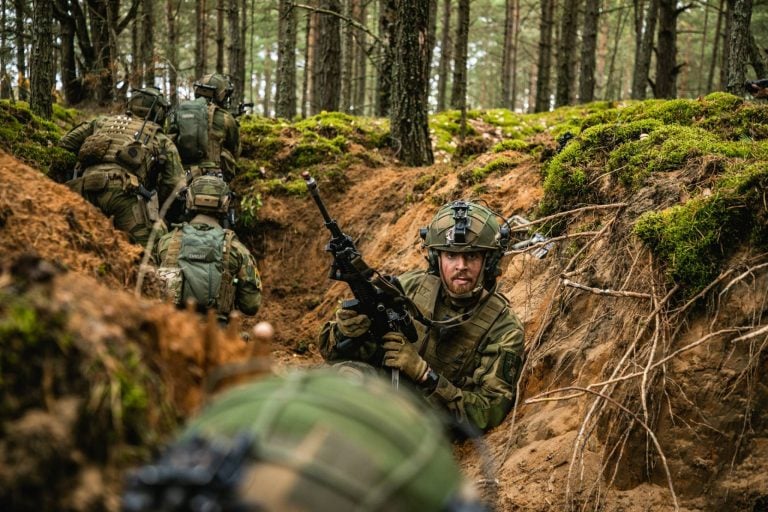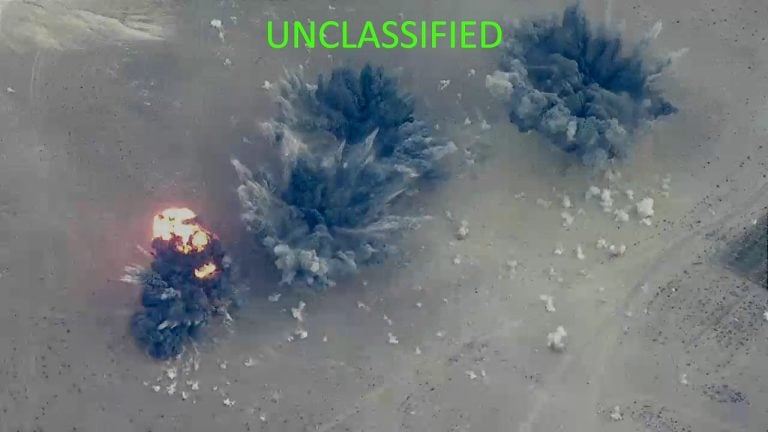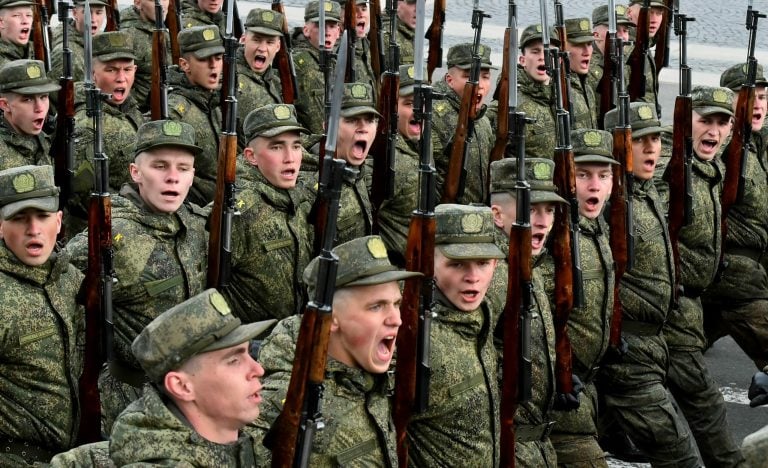In a significant move aimed at enhancing regional security, the Belgian Council of Ministers has approved the transfer of four remaining Tripartite Mine Countermeasure (MCM) vessels to Bulgaria. This decision comes at a crucial time, as Bulgaria seeks to upgrade its naval capabilities amid ongoing geopolitical tensions.
The modernization and maintenance of these aging vessels will come at a cost of 24 million euros (approximately $28.45 million), with the majority of the contracted work being awarded to Belgian firms. The deal also includes provisions for spare parts and a tactical simulator, ensuring that Bulgaria has the necessary resources to effectively operate the vessels.
These Tripartite ships are set to be deployed in the Black Sea, where they will play a vital role in safeguarding important sea lanes from the threat of drifting mines, particularly in light of the current situation involving Russian military activities in the region. This transfer not only aims to bolster the Bulgarian Navy but also serves as a means of reinforcing regional support for Ukraine.
Belgian Defence Minister Theo Francken emphasized the dual benefits of the arrangement, stating, “Bulgaria will receive ships that it can deploy in the Black Sea and our Belgian industry will receive a boost of 24 million euros in employment and high-tech contracts. In this way, we are strengthening not only NATO but also our own economy.”
In a related development, the Netherlands has expressed its intention to contribute three of its own Tripartite, or Alkmaar-class, MCM vessels to this initiative. Preparations for a memorandum of understanding among Belgium, the Netherlands, and Bulgaria are currently underway, which would further solidify this trilateral defense cooperation.
In conjunction with the modernization efforts, Bulgaria has also undertaken to assist Ukraine by providing training and coaching for crews operating this class of ships. Earlier in June, Ukraine had received two Tripartite MCM vessels from Belgium and the Netherlands, marking a collaborative effort to enhance maritime security in the region.
The Tripartite class vessels were originally developed as a result of a collaborative agreement between Belgium, France, and the Netherlands in the late 1970s. To date, a total of 35 vessels have been built for the three navies, of which approximately 22 are currently operational, underscoring their long-standing significance in naval operations.
This agreement symbolizes a strengthening of defense capabilities in Eastern Europe, showcasing a commitment to regional stability through enhanced military cooperation.







